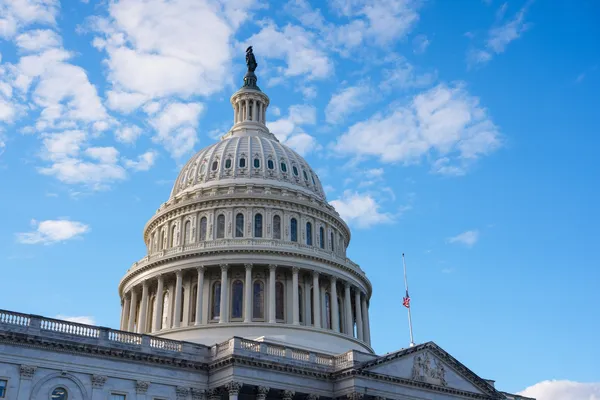
Executive Summary:
After an unprecedented 41-day standoff, the US government shutdown is on the brink of ending. The Senate's approval of a temporary funding measure signals a potential respite from the political gridlock that has gripped the nation. But as the dust settles, what are the implications for the average investor, small business owner, and salaried employee?
Investors, for starters, need to brace for volatility. The shutdown, the longest in US history, has caused significant disruptions in economic data releases. With the government set to reopen, these data points - from GDP growth to employment figures - will likely flood the market, causing fluctuations as investors digest the new information. The reopening could also prompt the Federal Reserve to recalibrate its monetary policy, potentially affecting interest rates and bond yields.
For small businesses, particularly those with federal contracts, the shutdown's end may not necessarily spell immediate relief. The backlog of unpaid invoices could take weeks, if not months, to clear. Meanwhile, the prospect of another shutdown looms, given that the funding measure is only temporary. These uncertainties could strain cash flows, disrupt business operations, and necessitate contingency planning.
There are also broader, macroeconomic implications to consider. The Congressional Budget Office estimates the shutdown cost the US economy $11 billion, including a permanent $3 billion loss. This could dampen economic growth in the short term, affecting everything from consumer spending to business investments. While the economy is expected to rebound, the recovery may not be swift or smooth.
For salaried employees, especially those in the public sector, the end of the shutdown brings both relief and apprehension. While they can expect to receive their missed pay, the prospect of another shutdown could create financial stress and job insecurity.
In conclusion, while the end of the shutdown offers some respite, it also brings new challenges and uncertainties. Investors and small businesses must stay vigilant, adapt to changing market conditions, and prepare for potential disruptions. The shutdown has underscored the interconnectedness of politics and economics, reminding us all that policy decisions can have far-reaching implications for our wallets and livelihoods.

 Next
Next
Comments (0)
Leave a comment